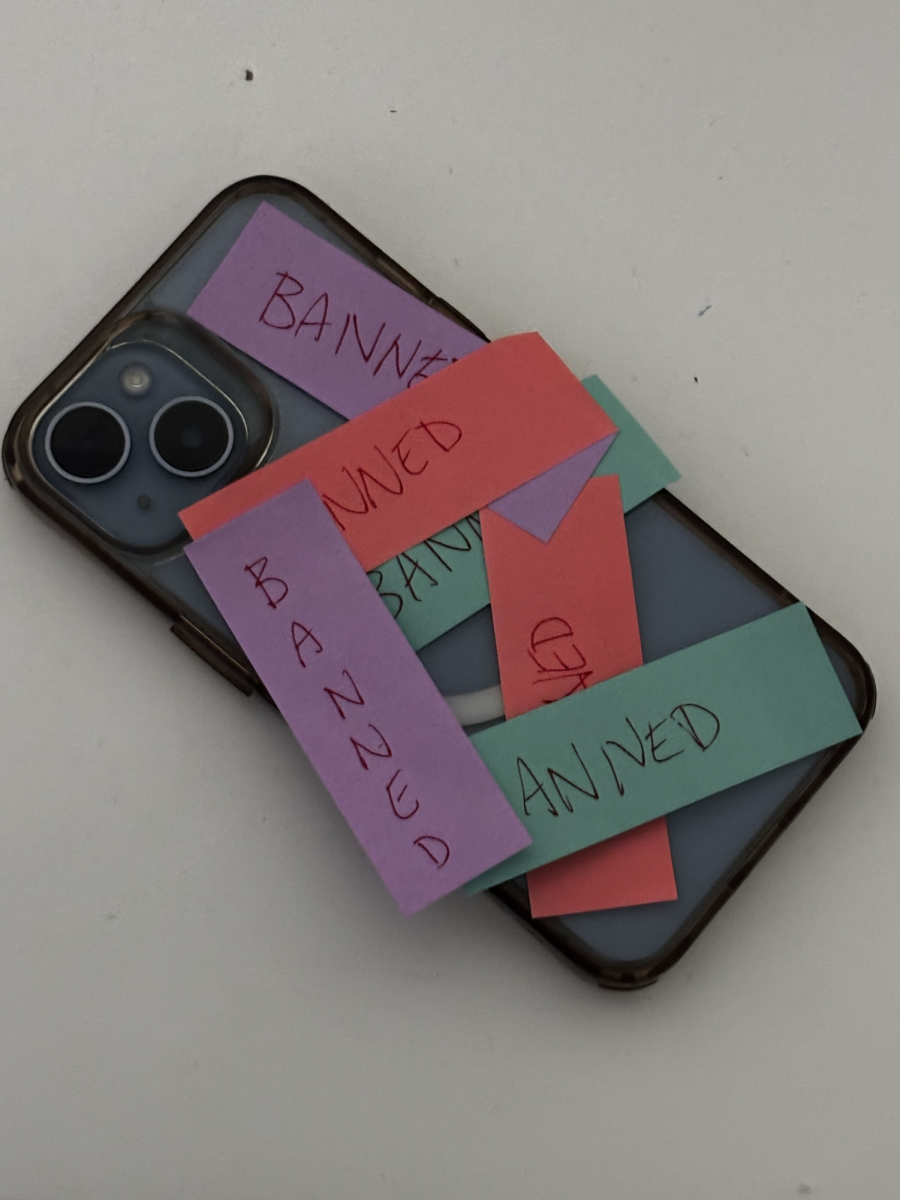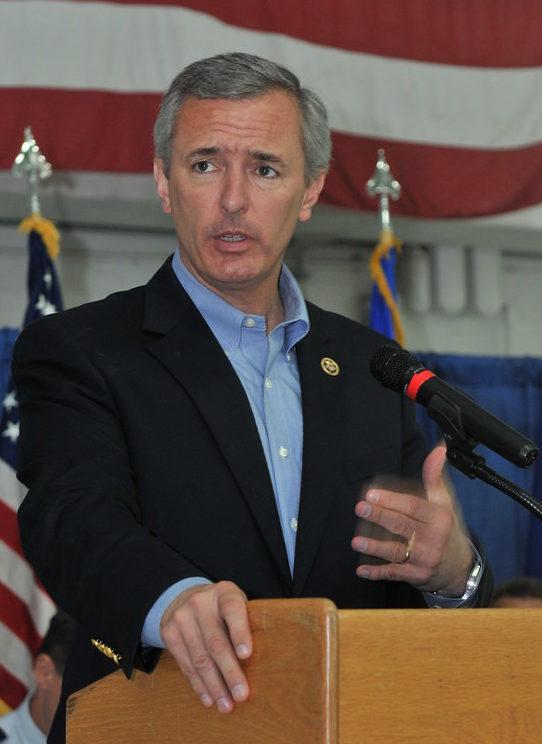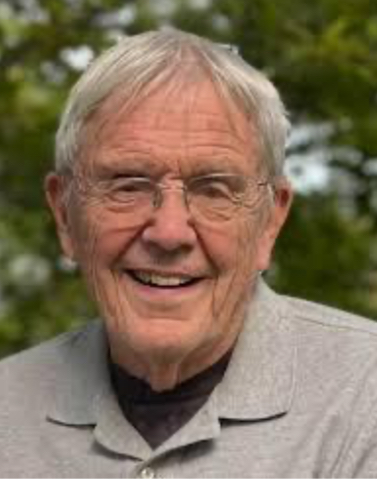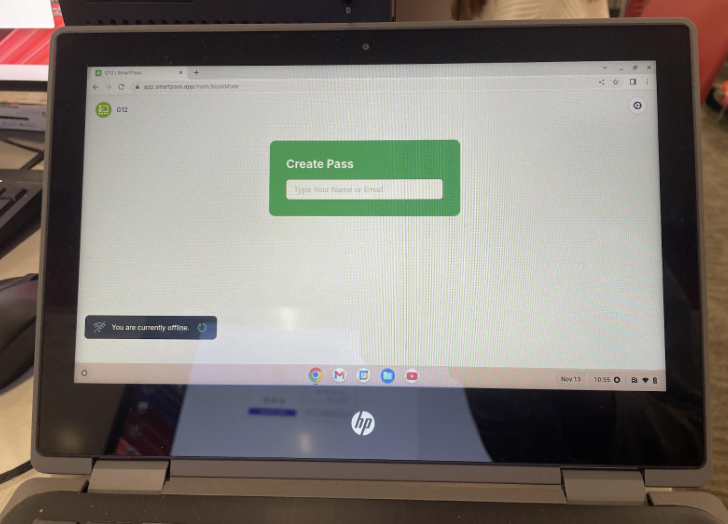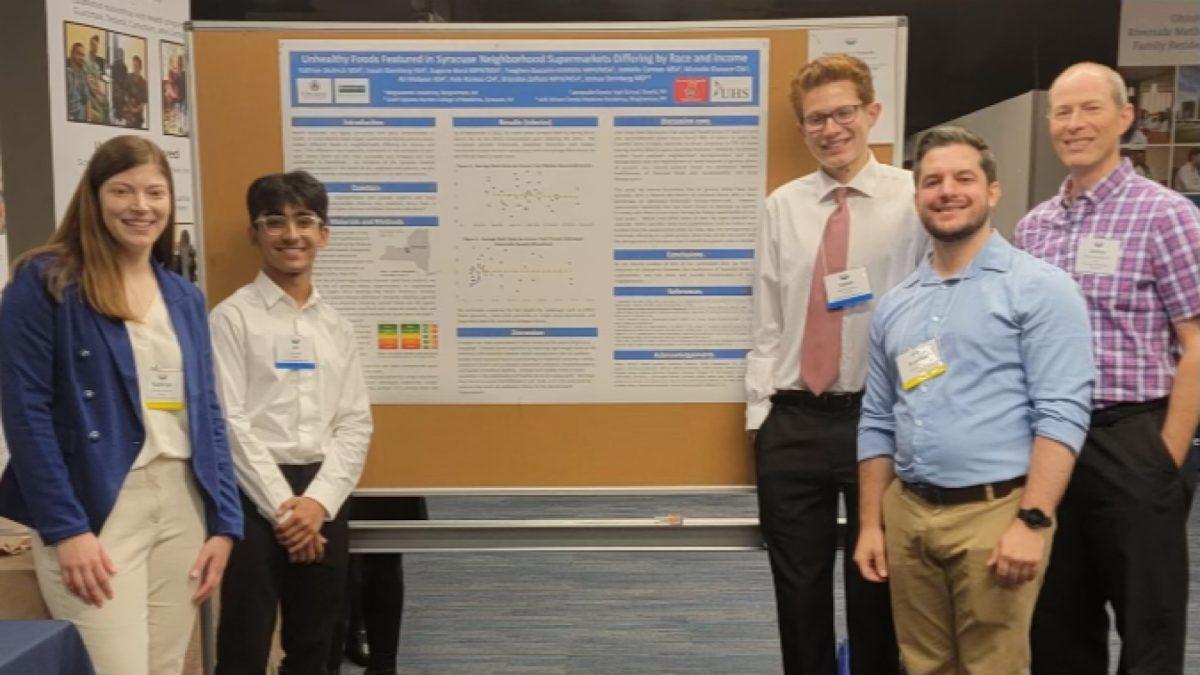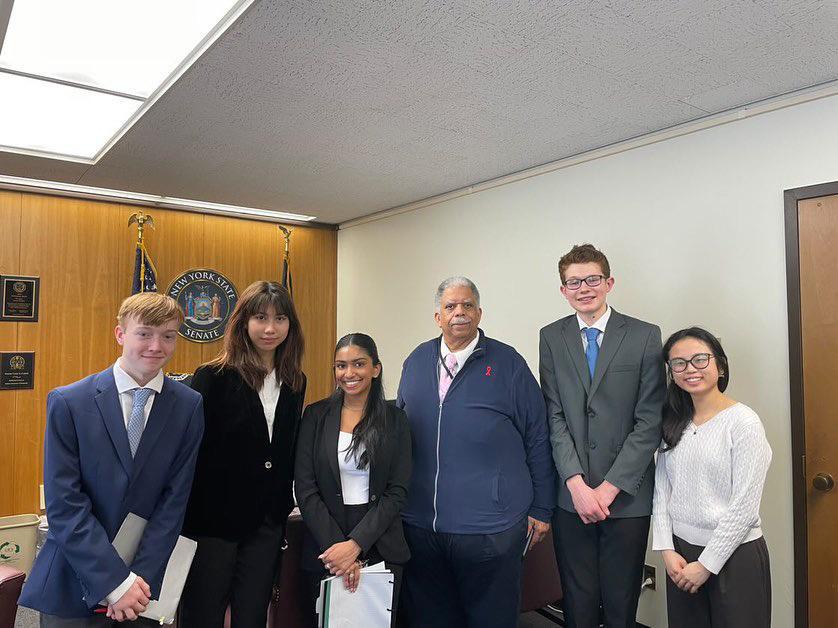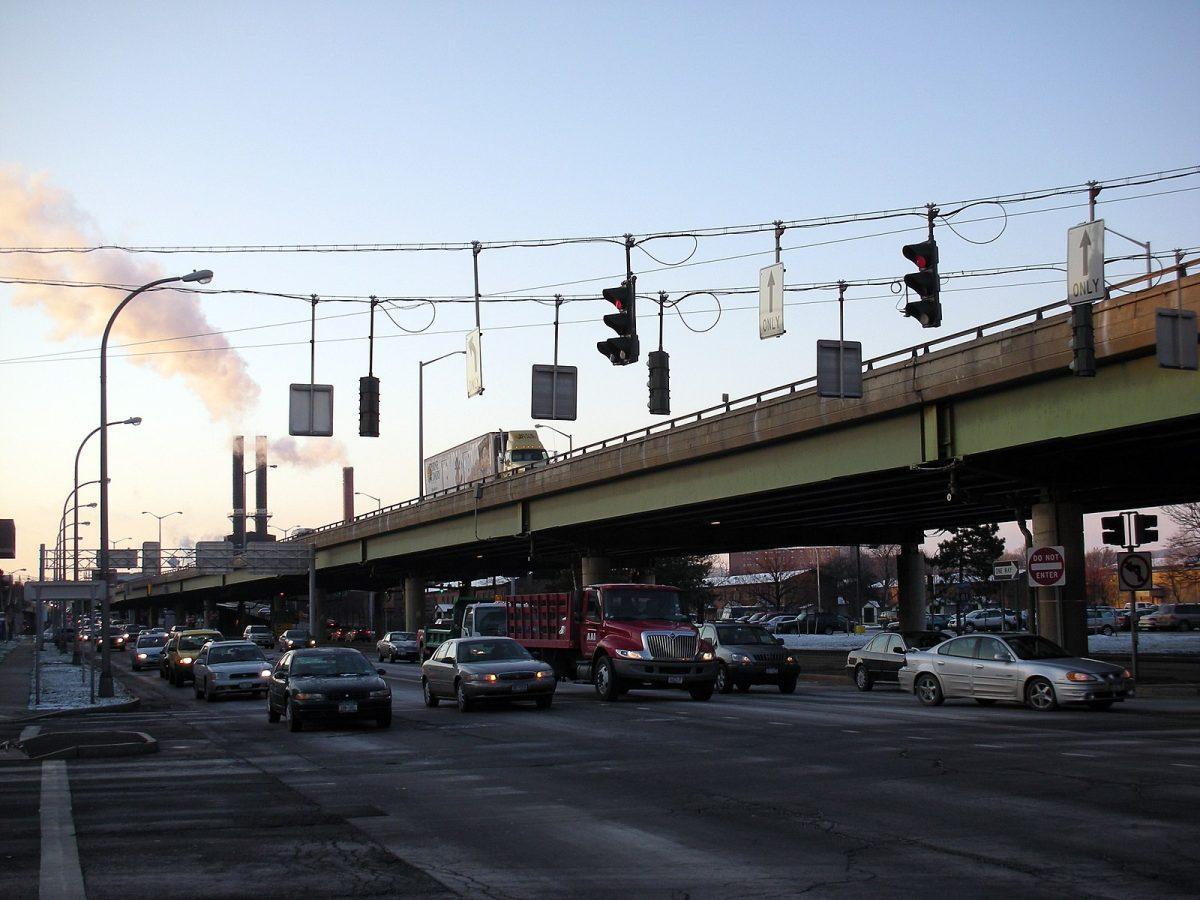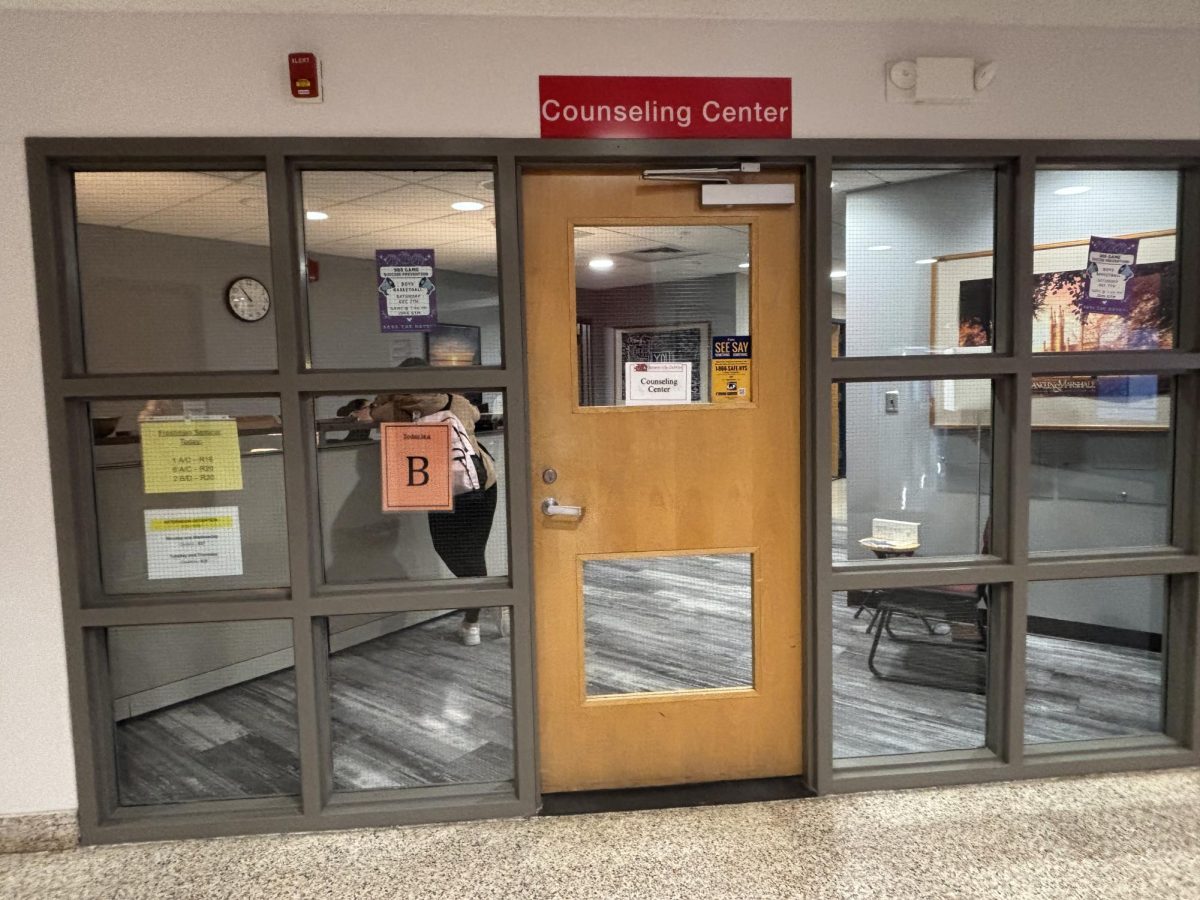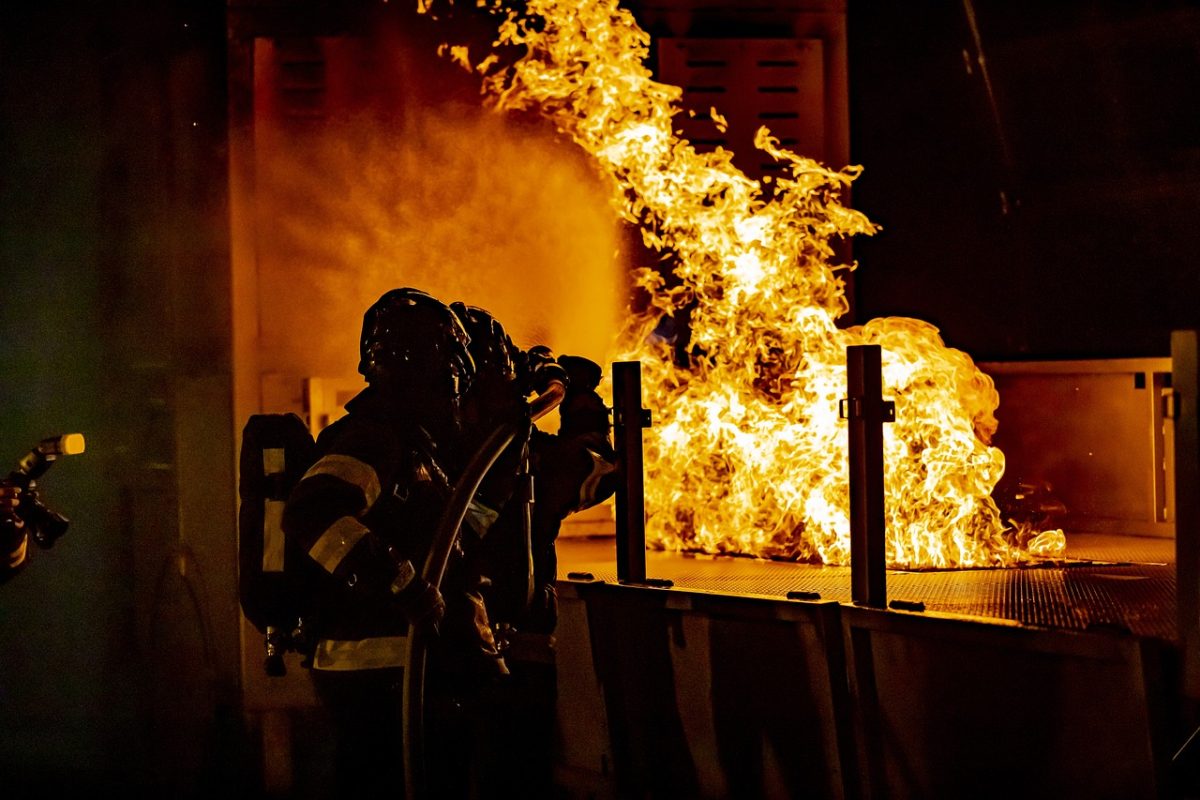Representative John Katko represents New York’s 24th congressional district in the U.S. House of Representatives.
How did it feel having to evacuate the Capitol?
Due to COVID-19 restrictions, I was in my office across the street from the Capitol when violence broke out. It was an extremely distributing sight and far worse than anyone could imagine.
You were one of the few Republicans to vote to impeach former President Trump the second time. In fact, you were the first Republican to announce this stance. How hard was it to make this decision, and are you concerned what other Republicans, including voters, may think of this decision?
The decision to impeach a sitting President that millions of Americans, including many of my constituents, voted for is one that I do not take lightly or enjoy. The Founders correctly established a very high bar for impeachment. I voted against the articles of impeachment previously brought against President Trump in 2019, because I found those charges politically motivated, and well beneath the high threshold established for impeachment.
On January 6th, the nation watched as insurrectionists stormed the U.S. Capitol, threatening the safety of countless individuals and successfully disrupting, albeit temporarily, the certification of Electoral College results. In the midst of the attack, hundreds of Capitol Police officers heroically upheld their duty to defend the United States and protect those who work here. Many officers were severely injured and beaten. And tragically, one officer, Officer Brian Sicknick, lost his life as a result of the violence.
I am a former federal prosecutor. That was my life’s work before I ran for Congress. I dedicated my career to upholding the law, bringing lawbreakers to justice, and keeping people safe. We were presented with a vote on whether or not we think there is sufficient evidence to indict the President. As I always do, I looked only at the facts, not the politics. In the same politically unclouded process I used as a Federal Prosecutor, I came to the conclusion that the President’s role in the insurrection was undeniable. Both on social media ahead of January 6th, and in his speech that day, he deliberately promoted baseless theories that created a combustible environment of misinformation and division. Our nation simply cannot function without the peaceful transfer of power and the recognition of carefully reviewed election results. To allow the President of the United States to incite this attack without consequence is a direct threat to the future of our democracy and to our security.
How much effect do you believe media bias has on the perception of news?
It has certainly contributed to political polarization in this country. Today, Americans are able to watch choose a news network that aligns with their personal political beliefs and reaffirms their views.
In 2018, you were ranked as the seventh most bipartisan member of the House. Why do you think the partisan divide is so large in this country right now?
In 2020, I was honored to be recognized as the second most bipartisan Member of Congress by the nonpartisan Lugar Center and was recently named among the most effective Members of Congress by the Center for Effective Lawmaking. As our country faces one of the greatest challenges of our lifetime with the ongoing pandemic, it is more important than ever to work across party lines to deliver relief and set our community up for recovery. Throughout my time in Congress, I have consistently worked with both Democrats and Republicans to better Central New York and our nation. Doing so has yielded significant results, passing meaningful legislation that protects drinking water, invests in infrastructure, addresses the opioid epidemic, and strengthens our national security.
Lots of young people are turned off from politics these days by the partisan infighting. When did you first know you wanted to become involved in public service? What would you say to high schoolers interested in public service?
I was informed by the partnership of Republican President Ronald Reagan and Democratic Speaker of the House Tip O’Neill. Although they were from different parties, they worked together and were able to pass tax reform, immigration reform, social security reform, and host of other meaningful legislation.
Growing up, I always knew I wanted to be in public service. I served for 20 years as an organized crime prosecutor and retired from the Department of Justice in 2013 to run for Congress. It’s a distinct honor to serve and to be able to have a positive impact on society. I highly recommend careers in public services to any interested high schoolers. There is no better reward than being able to help people and feel good about the work done.
Have you ever had a situation where you met with voters in your district on opposing sides of an issue? How did you make both groups feel heard and valued at the same time, without alienating one side?
Yes. As with most jobs, listening is immensely important. Before making a determination on any bill or any issue, I believe it’s important to fully understand all sides.
Why do you think it’s so hard to find a middle ground on lots of issues? For example, you stated there is no middle ground in the abortion debate?
I focus on areas where we can find common ground and move forward common sense policies. For example, I serve as a member of the Problem Solvers Caucus, a group equally divided between 28 Democrats and 28 Republicans, who are committed to forging bipartisan cooperation on key issues.
How did your time as a senior trial attorney in El Paso and Puerto Rico affect your views on immigration?
I was fortunate to spend time in these communities and have always believed in the positive impact immigrants have in our community in our country. During that time, I also saw firsthand the potential for drug and human traffickers to exploit weak security policies. That’s why in Congress, I’m working to repair our nation’s broken immigration system and address the dangerous gaps in our border security.
You’ve stated that you support the Black Lives Matter movement. How do you affirm your support through your votes on policy?
I share the outrage expressed by individuals across our country and believe there are changes we need to make as a country. Our justice system must operate to hold those at fault accountable. In Congress, I’m working with Democrats and Republicans to develop and pass common sense police reform legislation.
What are your plans for your future in politics?
I don’t view my job as a Member of Congress as a job for life. I have pledged to serve no more than six terms in Congress. I believe that is ample time for anyone to make a difference.
As I enter my fourth term, I’m excited to continue acting as an independent voice for Central New York in Congress and to continue working across the aisle to deliver on issues of local importance.

